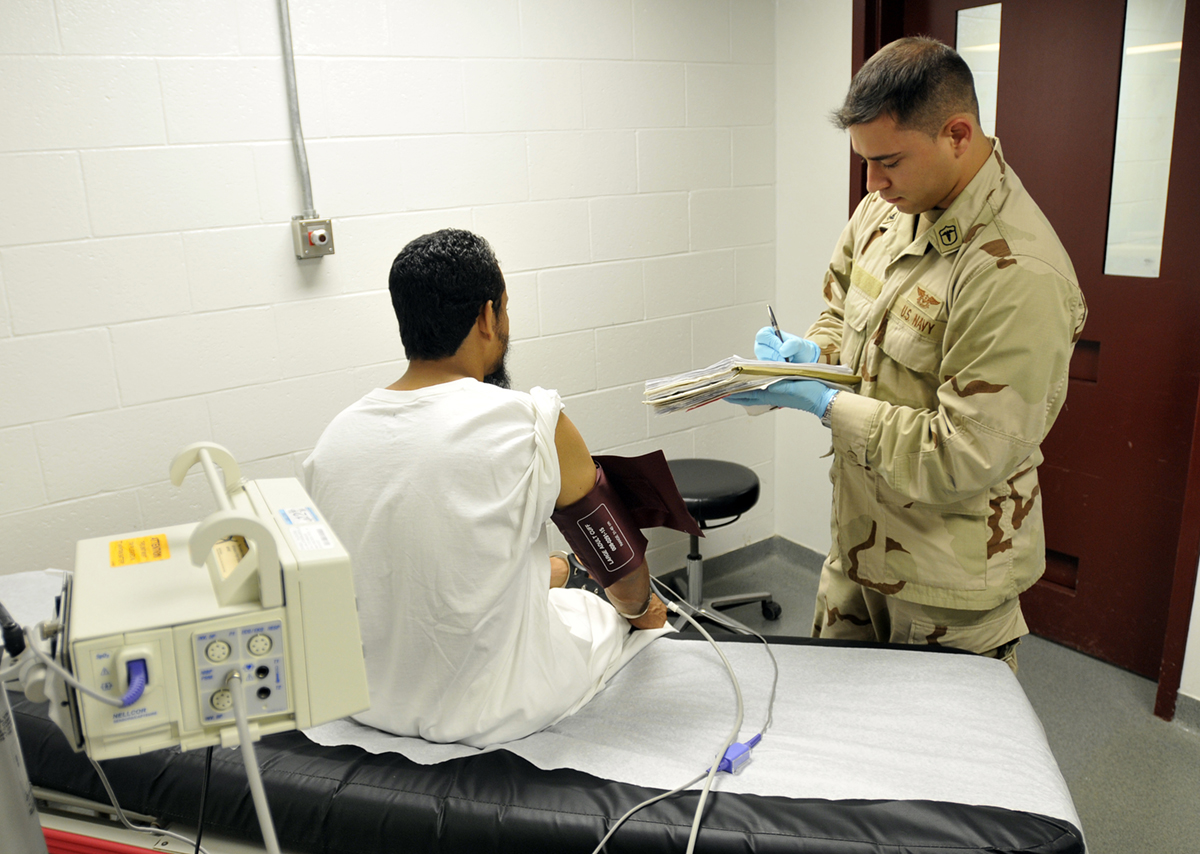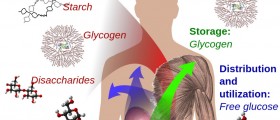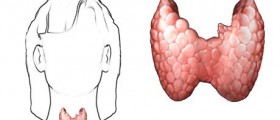
The term metabolism is associated with the biochemical changes in the body that are responsible for our growth, reproduction and other functions that keep us alive. This term has its roots in the Greek language, since the word metabole means change, while metaballein is a verb that means to change.There are many definitions of metabolism and it is usually defined as the entirety of all chemical and physical processes that are constantly happening in our body, involving two processes, anabolism and catabolism. Anabolism is actually a constructive metabolism because it uses small molecules to make more complex substances, while catabolism defines completely opposite processes. It is a destructive metabolism and it results in breakdown of complex substances into smaller ones. For the processes of anabolism we need energy, while during catabolism energy is released.
Anabolism
Anabolism is a process that needs energy for the omplex molecules to be made from the small ones. Anabolism, which is also called biosynthesis, plays a great role in building new cells. In the anabolic process, small and simple compounds are used to form a new and complex product, which means that, for example, growth, building up muscles and many other changes are results of anabolic processes. We distinguish monomers that are simple, and polymers that are bigger and consist of many monomers. For instance, amino acids are monomers, they are small and simple, while proteins are polymers because they are chains of amino acids. There are anabolic hormones and those are the growth hormone, IGF1, insulin, testosterone and estrogen.
Pituitary gland is responsible for the secretion of the growth hormone, which actually causes secretion of Somatomedin that is resulting in growth.IGF1 is a hormone that allows the synthesis of protein and sulfate, and it is very important for the development of fetus, although there are other hormones that have similar assignments in our body.Insulin is very important for regulation of the amounts of sugar in our blood. It is made by pancreas, and if we don't have enough insulin, our cells can't exploit glucose.Testosterone is made by testicles, mail sex glands, and it results in specific changes such as the growth of a beard, deeper voice and other changes that are occurring during puberty. On the other hand, estrogen is made by the ovaries, female sex glands, and it cause changes such as growth of breasts, it is responsible for regular periods, proper functioning of the womb and for many other things.

















Your thoughts on this
Loading...